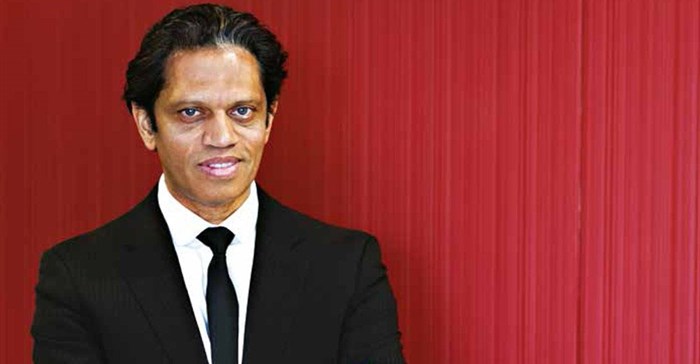Auditors and accountants who misbehave could face heftier fines and sterner sanctions if the amendments put forward by the Independent Regulatory Board for Auditors (Irba) are tabled.

Bernard Agulhas, CEO of Irba
The Parliamentary standing committee on finances (Scof) has responded positively to the board’s recommendations, which is hardly surprising given the serious damage KPMG has done to the industry, in terms of trust and integrity. Despite its attempts to fix its tattered reputation, KPMG is still bleeding clients – Wits University is the latest to say it won’t be renewing its contract with the audit firm.
Stiffer fines
CEO, Bernard Agulhas told Parliament that the board is mandated to register, monitor and sanction registered auditors in terms of the Auditing Profession Act 26 of 2005. Areas highlighted by for amendment in the Act included stricter sanctions and penalties that are more likely to be a deterrent to poor conduct, as well as powers of subpoena in order to enforce auditor compliance to requests for evidence during investigations.
“We are fully aware that the withdrawal of an individual auditor’s licence to operate and fines of up to R200,000 are not sufficiently strong to deter poor conduct. We have conducted research into global fines, sanctions and other penalties that are applied in other markets, which will be discussed by our board. Our penalties against auditors are currently limited in our act by references to the Adjustment of Fines Act.”
Further amendments that will be proposed by the audit regulator include proposed comprehensive regulation of the accounting industry since the World Bank Report on the observance of standards and codes of 2013 had recommended to the then minister of finance that wider regulation was required in order to strengthen the financial environment in South Africa and to respond to systemic failures more speedily.
Increasing Irba's mandate
“Currently we only regulate registered auditors, and the audits they perform, so when other accounting professionals who are involved in the financial reporting chain should be held accountable for business failures, fraud or corruption, there is presently not a body which regulates their conduct and compliance to ethics or other standards of behaviour and performance,” says Agulhas.
While there are approximately 60,000 accountants in South Africa, there are only around 4,500 registered auditors who fall under the jurisdiction of the Irba. The remaining accounting professionals are self-regulated by professional membership bodies.








































